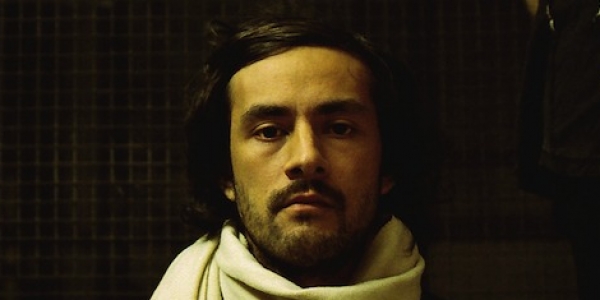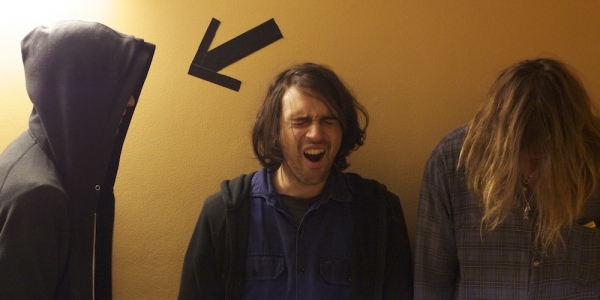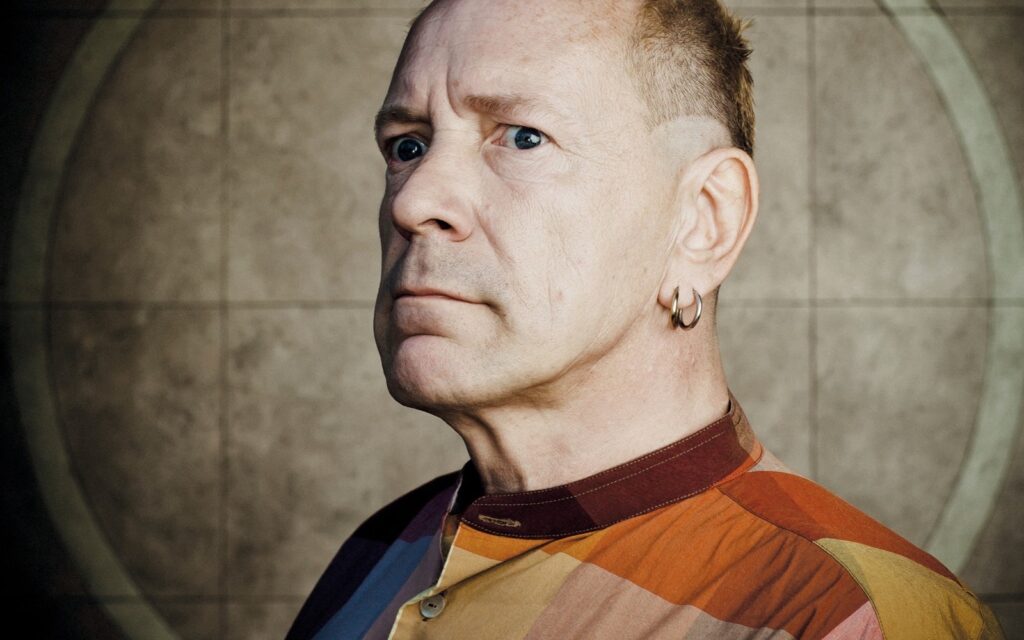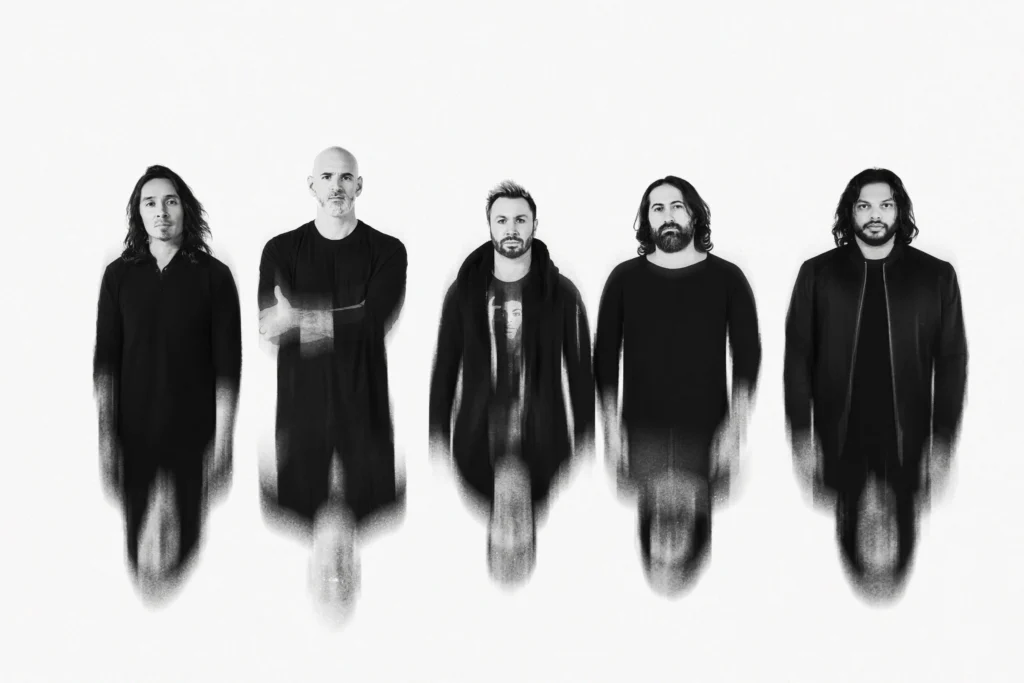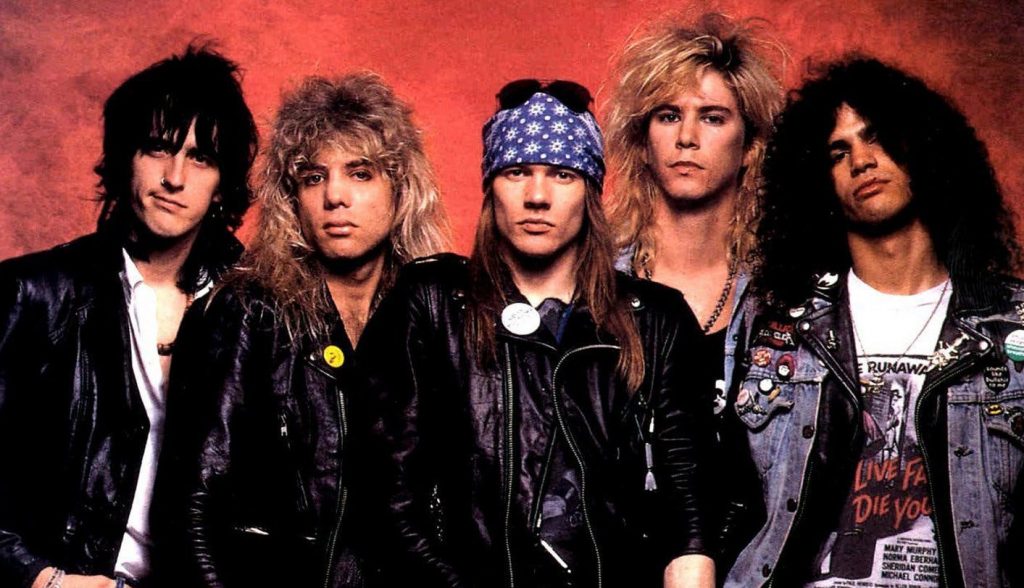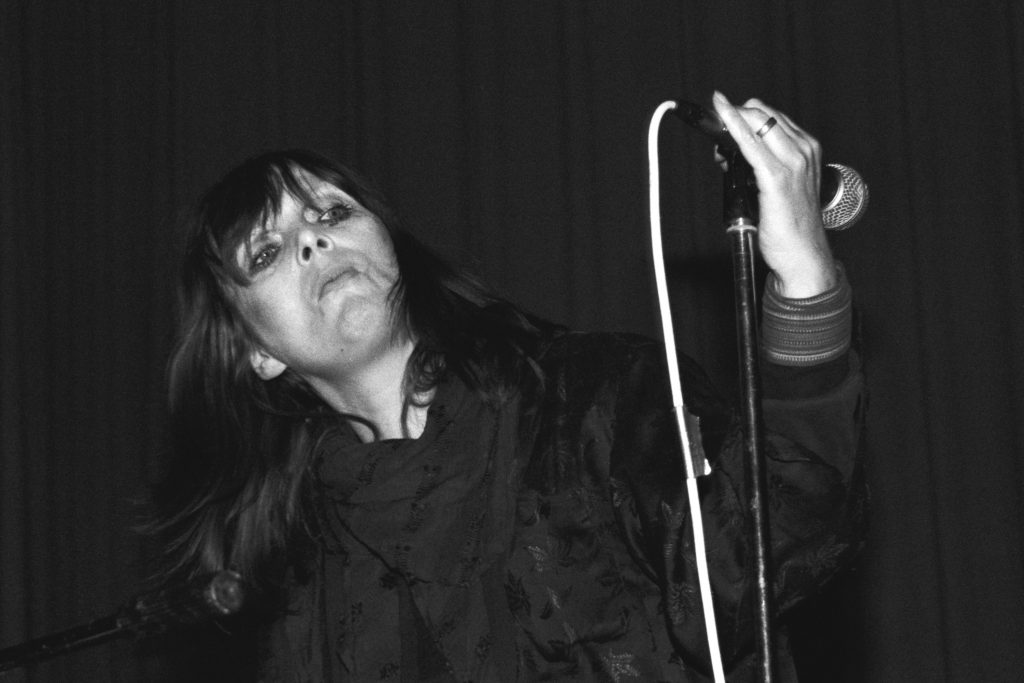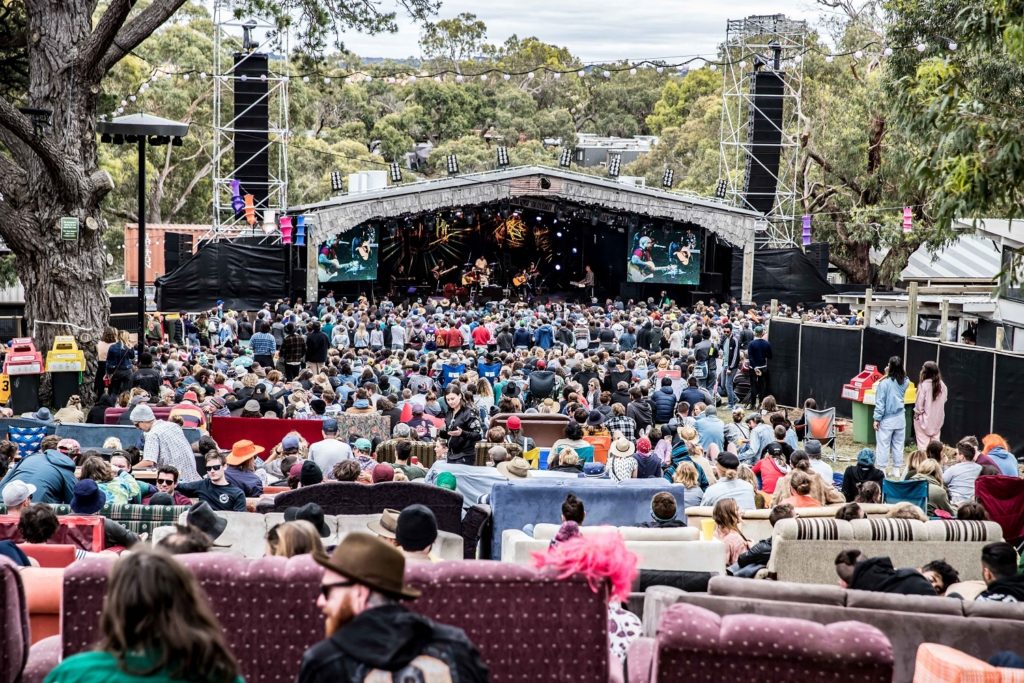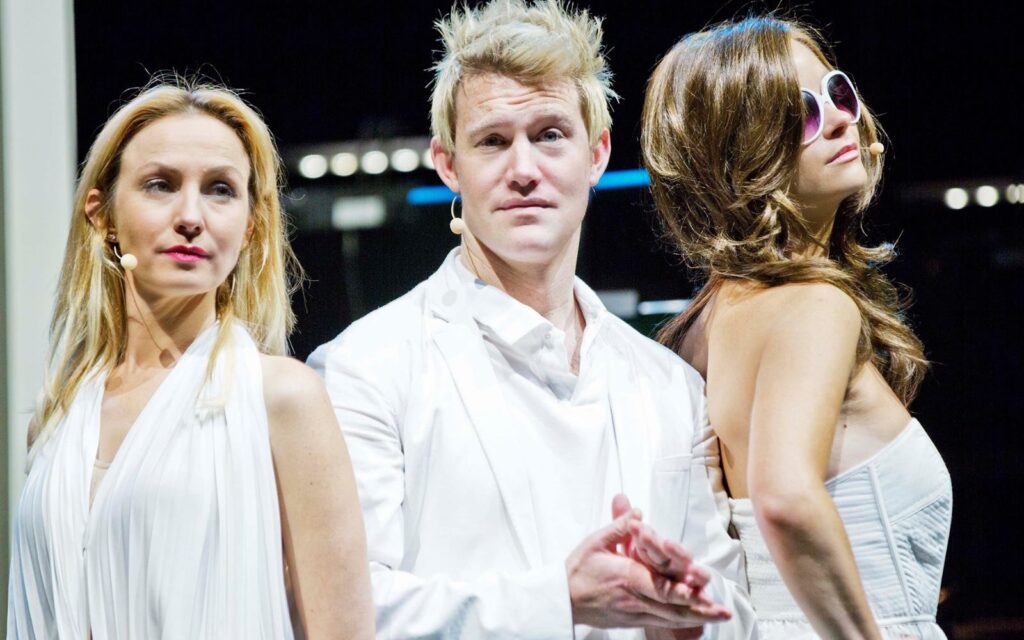“Well, ACMI [Australian Centre For The Moving Image] approached us to do a score for a single feature film,” Vendetta says of his involvement. “But then we proposed to them that we could do a live score but not just for one film, but instead a series of short films, and they were happy with that concept. The biggest job was actually looking for a series of movies! We found these short documentaries from the late ‘50s to the ‘60s from the UK which were based on heaps of broad subjects from technology to travel. There’s 500 of them that go for nine minutes each, so we decided to do a soundtrack for about eight of them and it’s been a really enjoyable project.”
As Vendetta explains, it’s required watching a hell of a lot of weird movies with some pretty bizarre imagery in order to come up with the most fitting soundtrack. And you can bet that the entire process has had some influence on Midnight Juggernauts’ album recording sessions too.
“We’ve been writing lots of little interludes and trying to branch out from it just being a straight-out soundtrack, which could be boring,” Vendetta says. “We’ve been incorporating things like different samples and dialogues and we’ve been trying to find speeches of things like religious sermons to add to the mix just to give it that extra experimental feel. We’ve found some seriously weird movies, though. There is this one which is on the history of surgery from the ‘50s and ‘60s, and it’s so interesting to watch! I found it fascinating in particular the stuff it had on medication and where you see these scenes of families and then it crosses over to this chimpanzee taking pills… So it’s actually really quite dark in itself! I think it was supposed to be lightweight and entertaining at the time, but when you think about it, there’s something creepy and really quite abnormal about it. That definitely appealed to us because that’s how we work anyway – we’d much prefer to take footage and make it a lot darker than it was originally intended to be, so it’s been quite amusing for us to provide this dark soundtrack.”
And Look At Life is not the only contribution Midnight Juggernauts are making to the ACMI events this year – Vendetta adds that he will also be joining the likes of Tim Rogers, Henry Wagons and Mick Harvey in selecting and discussing a film which has had the greatest impact on his band’s sound. ACMI’s ‘Playing Under The Influence’ segment sees Vendetta revealing the ‘Juggers’ even freakier side…
“There were so many films we could have chosen as part of this program but we ended up deciding on Dawn Of The Dead by [George A.] Romero. I’ve always been into horror movies and I always remember watching the blood and gore in that movie! As a kid I was so blown away but the film also has so many underlying themes about it that relate to everyday normal life – like themes of modern consumerism in society. But the soundtrack especially has had a huge impact on me. It’s always appealed to me in this film. There was this ‘70s Italian progressive rock band called Goblin who were featured in this version of the film. So yeah, for me Goblin would definitely be an influence in terms of the music they created, the film wouldn’t be the same without their music.”
Other possible candidates included Cannibal Holocaust and Irreversible for Midnight Juggernauts, but in the end zombies won out, as Vendetta laughs.
“There were so many genres I would have liked to have screened and it was definitely hard to just pick one. Cannibal Holocaust was an Italian film which made my shortlist, I really liked not just the visual aspect and story behind it but also the soundtrack which merged analogue sounds with a sweeping symphonic score which made it very interesting and appealed to me a lot. I think I’m attracted to films which try to break out beyond the conventional structures, films that take risks or have a certain twist to them. I like the way Irreversible has so many layers to it, for example, the way it was structured really made you reinterpret everything in a new way afterwards. I guess in some ways, musically, we try to do that as well. We’ll try to identify a particular mood or atmosphere first and then the music that we come up with follows that. Our involvement with these projects with ACMI made a lot of sense because what we’re doing in these events is quite similar from the way we work in the studio.”
